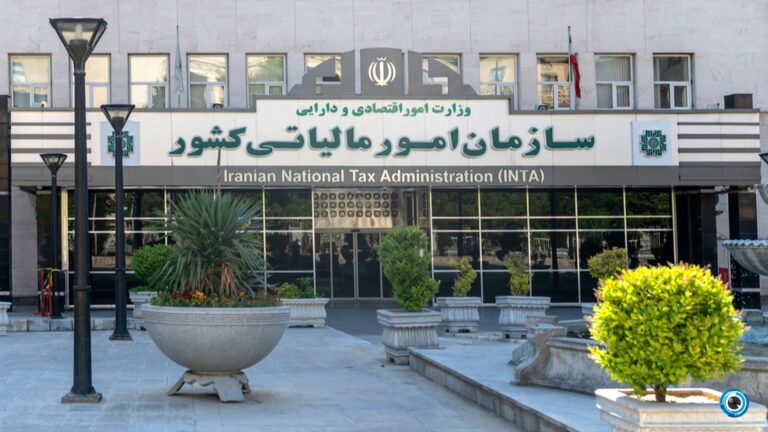Iran’s labor laws play a significant role in shaping the business environment, particularly for foreign investors. Understanding these laws is essential to ensure compliance, foster fair working conditions, and navigate the complexities of managing a workforce. This article provides an in-depth overview of Iran’s labor laws, their implications for employers, and best practices for foreign businesses operating in the country.
Overview of Iranian Labor Laws
Iran’s labor laws are primarily governed by the Labor Code, which was enacted in 1990 and has undergone several amendments. The code provides a framework for employee rights, employer obligations, and collective bargaining agreements.
Key Features of the Labor Code
- Employee Rights and Protections:
- Employees are entitled to a range of protections, including job security, minimum wage, sick leave, maternity leave, and social security benefits.
- The Labor Code prohibits discrimination based on gender or ethnicity and safeguards the rights of workers to organize and form trade unions.
- Work Hours and Overtime:
- The standard workweek is set at 44 hours, typically divided into six working days, with Friday designated as a day off.
- Any work beyond the stipulated hours is considered overtime and must be compensated at a higher rate, generally 1.4 times the regular hourly wage.
- Wages and Compensation:
- The Iranian government establishes a minimum wage at the beginning of each year. Employers must comply with this minimum, which is a legally binding standard.
- Salary payments should be made on time; failure to do so can result in penalties.
- Termination of Employment:
- The Labor Code stipulates conditions for lawful termination, requiring employers to provide justified reasons and follow proper procedures.
- Employees are entitled to severance pay upon termination, the amount of which is calculated based on their years of service.
- Health and Safety Regulations:
- Employers are legally obligated to ensure health and safety standards in the workplace. Failure to comply can result in legal consequences and penalties.
- Dispute Resolution:
- The Labor Code establishes a framework for resolving disputes between employers and employees through labor courts or arbitration.
- Both parties must adhere to this process before seeking recourse in regular courts.
Implications for Foreign Employers
Compliance with Local Laws
Foreign employers must ensure compliance with Iranian labor laws to avoid penalties and legal disputes. It is advisable to consult with local legal experts who specialize in labor law to navigate the complexities of the regulations effectively.
Cultural Considerations
Understanding the cultural context is vital for foreign businesses. Iranian employees often value personal relationships and group cohesion. Employers are encouraged to foster a positive work environment that emphasizes teamwork and respect for employee rights.
Hiring Practices
When hiring employees, foreign companies should be aware of local labor market conditions, including the availability of skilled labor and wage expectations. Written contracts are mandatory and should clearly outline the terms of employment, including duties, remuneration, and benefits.
Social Security and Benefits
Employers must enroll their employees in the Social Security Organization of Iran, which provides benefits such as retirement, disability, and maternity leave. This enrollment is a legal requirement and is intended to enhance employee welfare.
Best Practices for Employers
- Regular Training: Conduct training sessions to educate employees about their rights and responsibilities under Iranian labor law.
- Maintain Clear Documentation: Keep thorough records of employment contracts, salary payments, and compliance with occupational health and safety regulations.
- Engage with Unions: Establish constructive relationships with employee representatives or unions to facilitate open communication and collaboration on workplace issues.
- Stay Updated on Legal Changes: Monitor any amendments to the labor code or related regulations to remain compliant and avoid potential liabilities.
Learn more about all IRAN Business Gate services. Click here for detailed information!
Conclusion
Understanding labor laws in Iran is essential for any employer looking to establish a presence in the country. Compliance not only enhances workplace relations but also contributes to the overall success of a business. By familiarizing themselves with the legal framework and best practices, foreign investors can navigate the complexities of managing a workforce in Iran effectively.
At Iran Business Gate, we are dedicated to assisting those interested in entering Iran. Our services encompass guidance on navigating labor laws, compliance, and establishing successful operations in the Iranian market. We are with you every step of the way as you explore the opportunities that await in this dynamic landscape.
Let's Talk Now!
Your thoughts and questions matter to us! At IRAB Business Gate, we are eager to hear from you.



